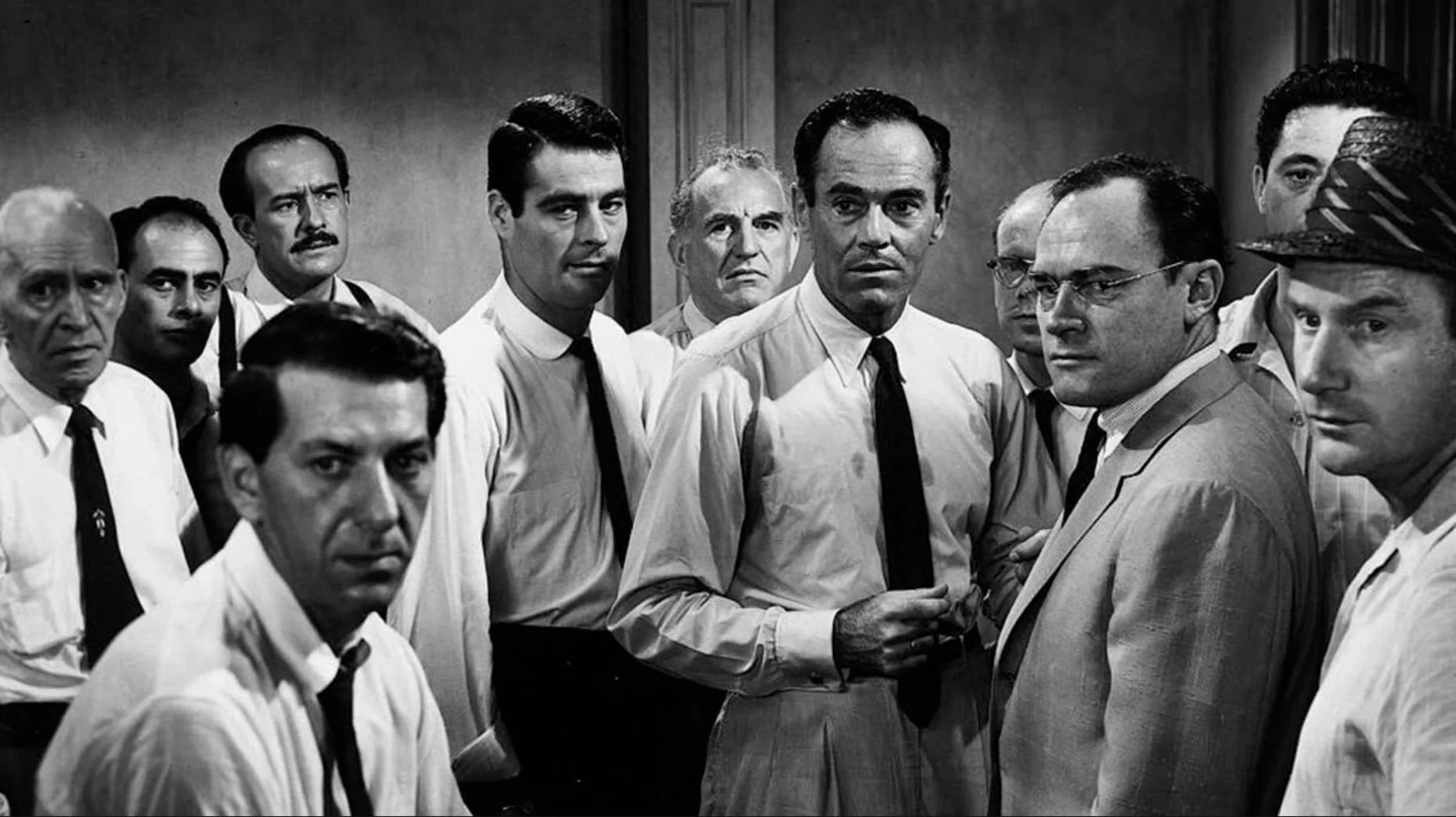On Lease Arbitrage
Hey there! Happy ________ [Lunar New Year, Super Bowl, Mardi Gras, Valentine’s Day, National Pizza Day]. I can’t tell you how many great email responses I got after last month’s note on music. Folks told me about their home HiFi set ups and the best live shows they’d seen and gave great album recs and a couple may have even seen the same steel drum maestro on the DC Metro. Add the All-ATL lineup at the Super Bowl half time and it made a good month for this Atlanta music fan.
For February I intended to write about any number of things, from movies to entertainment brands to the future of office. But I had SIX different conversations in the last two week about various Lease Arbitrage deals that went south. WeWork, Sonder, every third food hall: all built on a mountain of hope and hype over hard-won experience. And though I swear we covered this before I feel like we need to do so again.
Don’t do it.
Not a lot of people know that the working title of Grandmaster Flash’s “White Lines (Don’t Do It)” was originally “Lease Arbitrage (Don’t Do it)”
Wonderfully, this email gets a wide read and not everyone is a CRE deal junky. So quickly a definition: Lease Arbitrage is the scheme where the building owner leases a large chunk of space in their _____ [office building, apartment complex, ground floor retail] to a single / master tenant who then subleases various smaller chunks to other people (called subtenants). The master tenant pays the landlord $1, the subtenants pay the master tenant $1.50, and presto-chango: profits!
This is so wrong on so many levels.
If the master tenant can sublease out the spaces for $1.50 then why don’t you? The landlord’s first answer usually is that they don’t have the expertise. This is a very good and reasonable answer. We can’t all be good at everything. Leasing small slices of the building at eye-watering rates often requires a little lifestyle cred or a hip established brand, tools often missing from your typical institutional partner’s tool chest. Putting an expert in charge makes sense. Making that expert pay you to do so doesn’t.
The are three principal problems to Lease Arbitrage and the first is that the master tenant has hot money. Expensive, 33% IRR, Jesus tossing out the moneylenders-type money. Do you really want that hand grenade in your building? A lot of private operating companies go broke for the simple reason that there is no terminal value to their investment. They have to make all of their money on the cash flow since there is nothing to sell at the end. There is no exit. It cash flows until it doesn’t. El Fin.
Not a lot of people know that the original version of Sartre’s “No Exit” was not about Purgatory, but about the hell of Lease Arbitrage.
The second problem is the size of the pie. It simply isn’t big enough. The revenues are the revenues and the rents are the rents and the build out will cost what it costs. The $2M for your co-working club still costs $2M whether you spend it or the master tenant does.
Rest assured that when you bring in the master tenant to spend that $2M with their 33% IRR ticking time bomb money, one of three things will happen:
You’ll go broke (really: the master tenant will insist on paying you next to nothing. This is a smart master tenant. This is usually a bad deal for you).
The master tenant will charge the subtenants so much that they go broke or quit coming (Not good!), or
The master tenant will go broke and stop paying rent and will drop a gaggle of surly subtenants in your lap, all of whom have inevitably been told one thing and been given the exact opposite of that thing.
Not a lot of people know that the original “12 Angry Men” was about food hall subtenants.
I suppose I get Lease Arbitrage at a highly Machiavellian level. “Let’s let this idiot come in and invest a lot of money in our building and then they’ll go broke and we’ll keep all the improvements and we’re willing to deal with the angry subtenants when that day comes.” If that is the move . . . yeah okay. It’s pretty brazen. Can’t say I don’t admire the feral capitalism of it. Eat or be eaten.
Or: if Lease Arbitrage is coming from “We need to lease this or else the bank will take it”; I get that too. We’ve all been there. At the end of the day we gotta do what we gotta do.
But if Lease Arbitrage is coming from “I can’t start this project unless I lease 20,000 sf and it’s hard to lease 20,000 sf in 500 sf chunks” or “It seems like a good idea what could possibly go wrong” . . then maybe we need to find another answer? Or another project.
Side Note: I know I’m going to get half a dozen emails with examples of Lease Arbitrage deals that didn’t crater. Where all three groups live in peace and quiet harmony. And I know that a small handful of those deals do in fact exist. But then there are the 14,972 Lease Arbitrage deals that ended tragically. Exceptions proving rules and all that.
The alternative to Lease Arbitrage is to hire a manager to turn that $1.00 into $1.50 for you. What Industrious figured out a long time ago. But the second-most-quoted reason for Lease Arbitrage after expertise is “skin in the game” and this is where management deals die. The landlord wants the master tenant to have “skin in the game” assuming the master tenant will work extra hard for the benefit of all.
The master tenant isn’t working for you. They’re working for Carlyle or Paulie Walnuts. The third Lease Arbitrage problem is exactly that: control. WeWork was stealing your office tenants and Sonder didn’t care about your permanent residents and those master food hall tenants. . . no one knows what they were up to but you get the point. Under the trojan horse of Skin In The Game they squat in your building and make you fight to get it back.
The VC-crazed Lease Arbitrage days are probably over, so maybe this is all a moot point. If your lender is game (c’mon lenders!) invest the money, incentivize the management company and keep control of your co-working and your AirBnBs and your food halls et al and maybe even make a buck while you’re at it. We’re in this to turn a $1.00 into $1.50 aren’t we?
What We’re Working On. It’s been a while coming but our portion of the work at Uptown Atlanta (the old Lindbergh City Center) is nearing completion. The shorthand for our vision of the ground plane was “Los Angeles.” The longer one was “Buford Highway food + Little Five Points retail.” Tenants start opening next month and through the summer. If you’re in town and up for birria tacos or Korean barbecue give us a call.
What We’re Reading Online. At Revel it’s not all fashion shows and movie premiers. We like finance as much as the next bro and are rabid fans of Bloomberg’s Matt Levine. From the Elon Musk Division of the SEC to questions about what is securities fraud (everything) to this great post on the inside angle on the WeWork trade, Matt makes finance hilarious. Give it a try.
What We’re Watching. Did you miss Stop Making Sense when it came out forty years ago? How about when the art house wūnderkinds at A24 re-released the remastered version last fall? If yes then you’re in luck: what’s widely (and rightly) hailed as the greatest rock doc ever made is back in theaters this month.
What We’re Reading IRL. You probably picked up your copy already (mine was a lovely gift from Mark Vollbrecht) but if you haven’t The Creative Act: A Way Of Being is a strong read. Thankfully not a name-dropping “That One Time I Did This” memoir but instead it’s more management theory meets Buddhism. Go make the ecstatic your compass.
Thanks for reading! If you’ve enjoyed this please forward to a friend who might also. If you’re getting it for the first time, you can subscribe via the button below.
For those new here, I run a retail development and consulting shop in Atlanta, and write semi-regularly about commercial real estate. Old notes can be found here.
If you’ve got a mixed-use project that could use some creative thinking — or if you’ve got some angry subtenants pounding on your door— please reach out. We’d love to hear from you.






